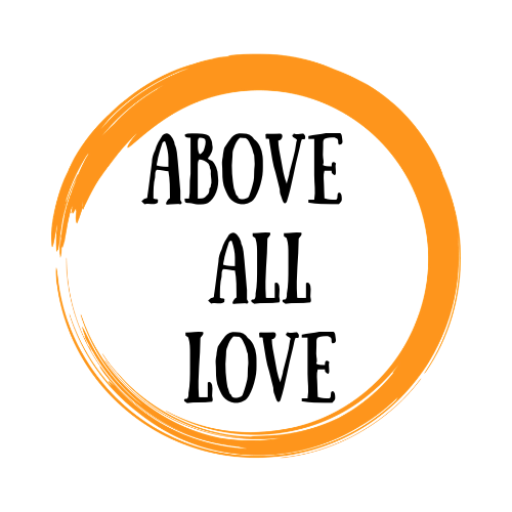Christianity & Buddhism
Christian contemplation and also Buddhist reflection share a typical goal. Both seek to de-center the thinking mind to allow a deeper experience of reality, love, as well as empathy to arise:
Words Buddha suggests “I am awake.” Jesus informed us in a variety of areas to stay awake and mindful (Matthew 24:42; Mark 13:33– 37; Luke 21:36). However, awareness is not something that simply implies considering points carefully or being actually mindful. The Buddhists mention objectless awareness, where we are not conscious of anything in particular. It is a breathtaking, responsive recognition whereby we absorb all that the circumstance, the moment, the event uses, without removing anything. That really does not come naturally to us. We have to work at it! All types of meditation, as well as contemplation, are instructing us in some way to separate our assuming mind. Some have even called it the “ape mind,” because it keeps leaping from monitoring to observation, believed after idea, sensation after sensation, the majority of which indicate very little. We have actually lived with it for numerous years that we take the monkey mind as normative.
What the wonderful traditions, such as Buddhism, instruct us is that the ape mind truly is instead worthless when we get to things like the fact, love, freedom, infinity, infinity, and God. The ape mind can’t access such points and has no capability to take them in at any deepness. What we need to do is find out various minds, which we Christians call contemplation. Reflection is not churchy, pious, or peaceful. It has little to do with having a withdrawn individuality. It actually is a different mind– it’s not thinking, which is what we suggest by calling it objectless understanding. We do not focus on any particular things of consciousness.
Paradoxically, the path to get to objectless recognition is, to begin with simply one point, one object. We could also call it practicing awareness. Below is an invitation: I motivate you to take some time today to concentrate on one single item. Focus on it not so much with your mind, yet with your detects. See it wherefore it is– its texture, its form, its giftedness, its gratuity, its shade, its representation of light, its isness. Concentrate on this item up until your mind or vanity stops combating the minute and also quits claiming something to this impact: “This is ridiculous. This is silly. This doesn’t indicate anything. This doesn’t make a little bit of difference.”
If we can absolutely enjoy this, whatever this is, it ends up being the portal to everything. Exactly how we like one point is ultimately just how we love every little thing. We need to locate our capability to see, to enjoy, to accept, to forgive, and to delight in something. If we can not indulge in one reptile or one fallen leave, we are not going to delight in God. How we see is how we see. Just how we do anything is just how we do every little thing.
All forms of meditation and contemplation are teaching us some methods to compartmentalize our thinking mind. Some have even called it the “monkey mind,” because it keeps jumping from monitoring to monitoring, assumed after thought, feeling after sensation, many of which suggest very little. What the fantastic traditions, such as Buddhism, instruct us is that the monkey mind actually is rather useless when we get to things like reality, love, flexibility, infinity, endless time, and God. What we have to do is learn various minds, which we Christians call reflection. It really is a various mind– it’s not believing, which is what we suggest by calling it objectless awareness.

Recent Comments